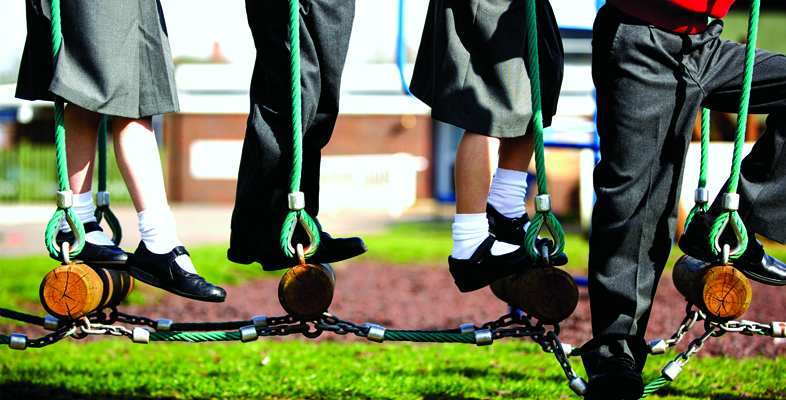3 Schools in the digital age
The needs of the digital age raise key questions about the role of school. It is clear that schools need to be able to support children’s engagement with digital technologies now, as well as look to the future and ensure they are well prepared to participate effectively in society as adults in the workplace and beyond.
There is also a need to consider how different subjects are understood and taught in the light of digital technologies. For example, later you will consider what is meant by literacy in the twenty-first century. How should the English curriculum adapt as a result? What about other subject areas? And how do digital technologies relate to other school priorities such as social justice and citizenship?
While surveys (Ofcom, 2017) suggest that technology is all around us, children will vary in what they know about technology and their experiences of it, when they come to school. There are issues of equal access to technology. Internet-enabled devices and high-speed internet connections are unevenly distributed across the UK and many other countries. The role of the school therefore is key in ensuring children have access to a range of digital technologies and, importantly, ensuring the experiences they have in using it are wide-ranging.
Next, you will look at children and how they use the internet.

